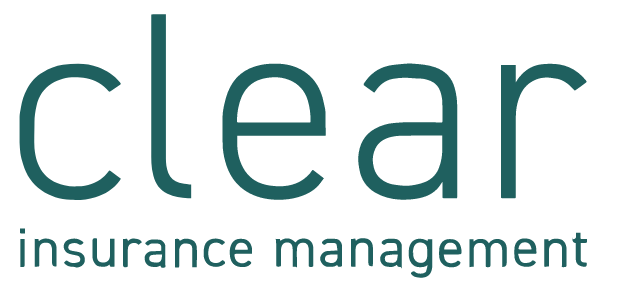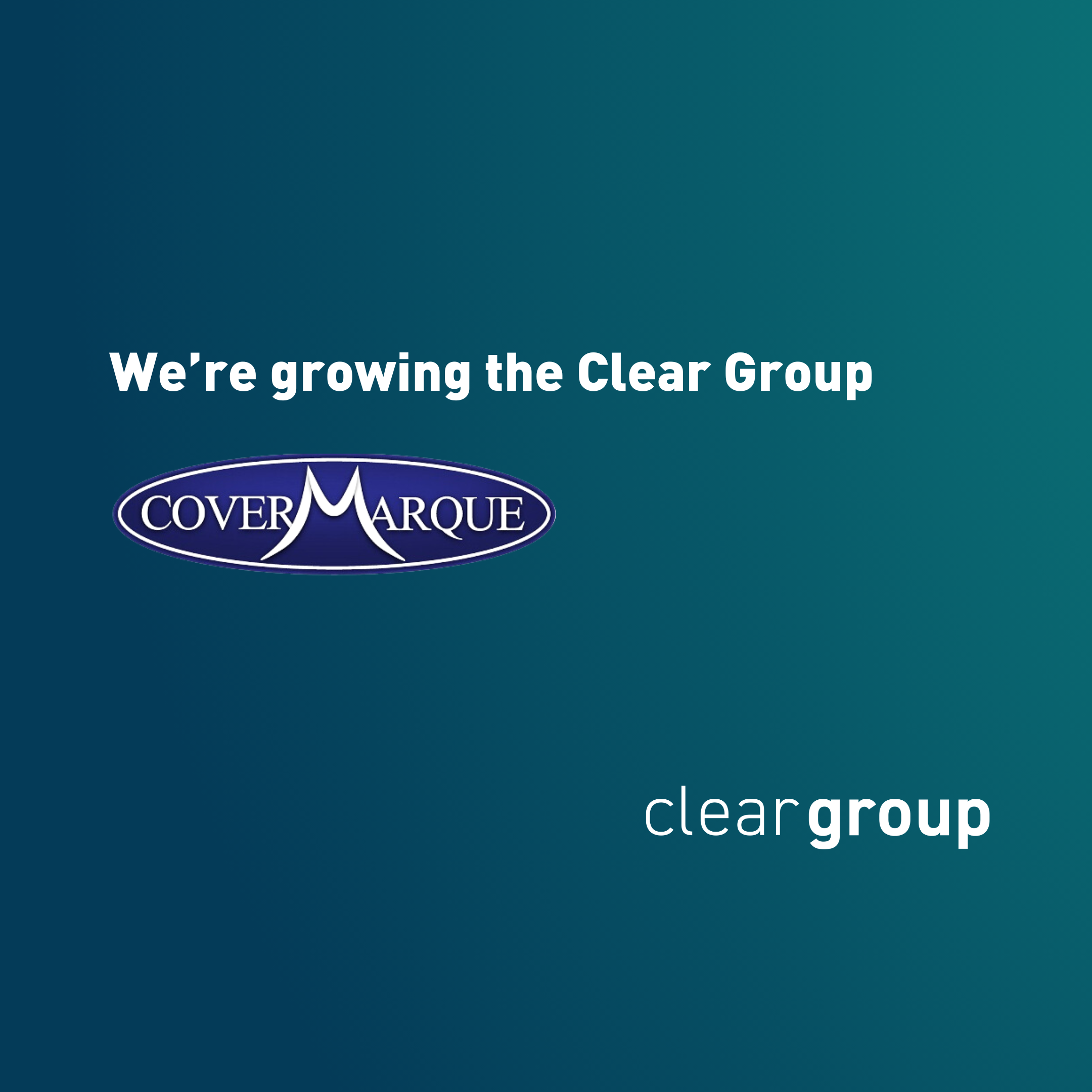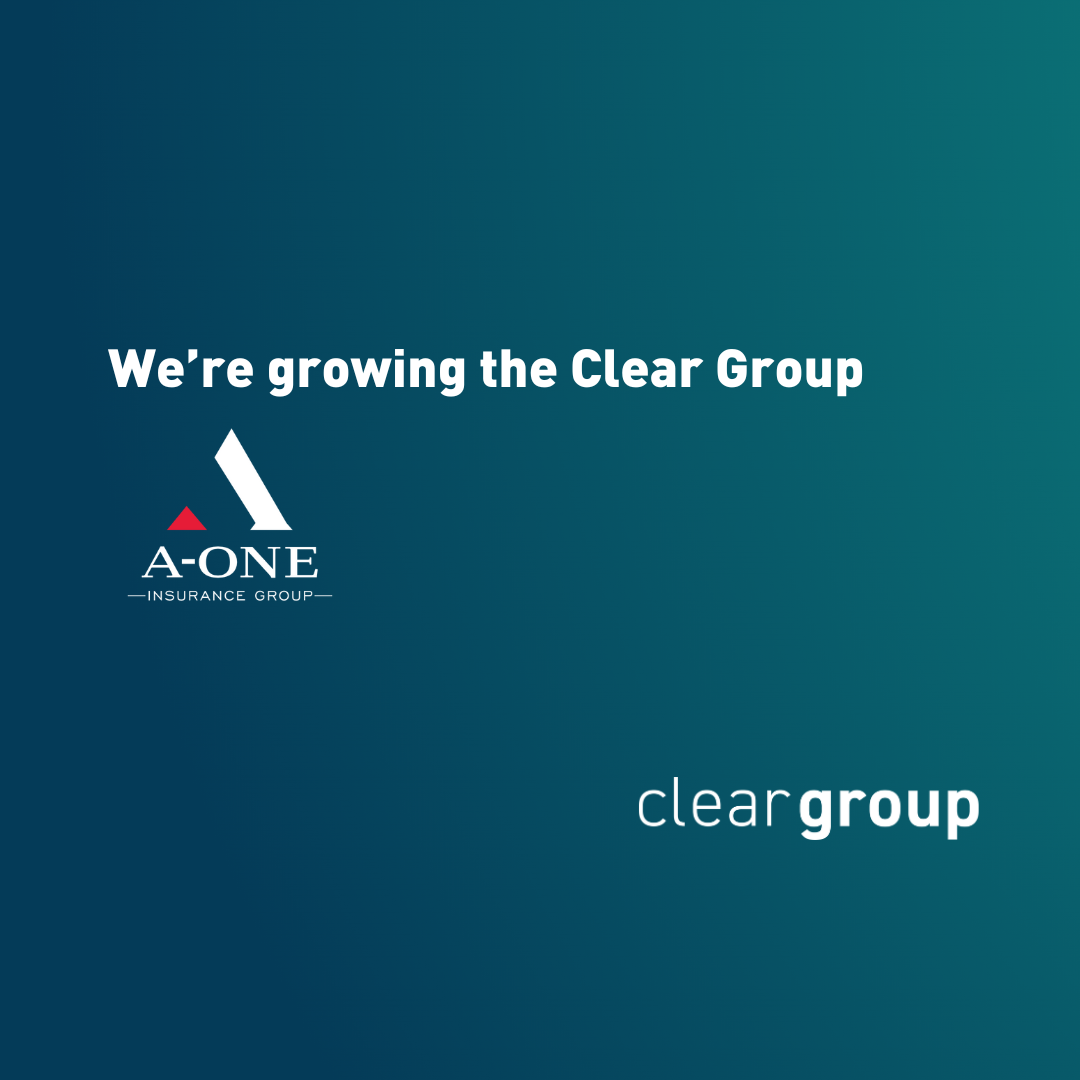In this blog – the first in a series that we hope will shed light on Clear's approach to acquiring a business – we will explain how we go about the acquisition process, by breaking it down into four steps.
The reasons why a broker might consider selling their business can vary. For some, it may keeping pace with regulatory developments or the challenges of a hardening insurance market. For others - especially when there are no obvious successors to lead or buyout the business – contemplating retirement can prove the motivating factor.
So, when a broker does approach us to talk about acquiring their business they, understandably, have lots of questions. How does the acquisition process work? How long does it take? What will happen to their brand, their clients and – most importantly – their staff?
Step 1: Preliminary discussions – 'getting to know you'
Whether we make the initial approach to a potential vendor (seller) or they seek us out, we usually ascertain some of the key features of the business and what the vendor is aiming to achieve. We would next arrange a meeting to introduce ourselves and start discussions to establish if both parties will make a good fit.
Stage 1 can be very flexible in terms of time, so it could take as little as a few weeks or as long as five years to complete. It all depends on how prepared the potential vendor is to start the ball rolling. That's why, even if they're only contemplating selling at some point, we're more than happy for brokers to come and talk to us now so that we can start a conversation.
We also encourage potential vendors to speak to the people from businesses that Clear has acquired so that they can hear for themselves what it's like to become part of The Clear group.
Of course, we expect to sign a non-disclosure agreement (NDA) to give vendors piece of mind on the confidentiality of any potential deal.
If, after these initial soundings, pursuing an acquisition deal remains in both parties’ interests, we will move on to stages 2 & 3 with a view to making an offer.
Equally, if we don't think that our two businesses will make a good fit, we will let the vendor know at this point.
Step 2: Factfinding
Assuming that the outlook for a deal is good, we will ask the vendor to provide some information to help us start building a picture of their business and prepare a valuation. Information requested will include profit/loss and balance sheet, data on commissions and fees by insurer and product, overriders, renewal rates, details of office leases, and their employees.
We'll have further meetings to understand the business, ambitions of the vendors and what life after acquisition will look like in more detail and we may get an opportunity to meet any other shareholders who are active in the business at this stage.
Step 3: Offer
If our discussions continue to bear fruit and the basis of a deal starts to crystallise, we will make an offer. When making our offer we will take into account many factors including the period of earn out, staging of payments and profitability of the business. Our proposal will often be in the format of Heads of Terms, which outline the key points of the transaction and a timetable for the deal.
Once we've signed off on the Heads of Terms, we’ll seek an exclusivity period as in the next stage we start incurring costs.
Step 4: Finalising the deal
There are three main tasks at this stage: due diligence, the legal agreement and FCA approval.
Due diligence
We try to minimise business disruption but due diligence can be very time consuming for the vendor. How long the process takes will depend on the size and complexity of the business and the level of preparation, although, usually it can be concluded within two to three months.
Our review includes financial, tax, legal, compliance and operational diligence. For most deals we do the bulk of this work ourselves however for specialist areas such as compliance and legal, we use longstanding third party advisors.
For their part, the vendor will be responsible for providing a secure online data room, where they will upload the documentation that CLEAR needs to perform the review.
The legal agreement
During the due diligence process, Clear will prepare a draft sale and purchase agreement (SPA) setting out the legal terms of the deal, which will be agreed between respective lawyers.
FCA approval
As an FCA-authorised business, insurance brokers must gain FCA approval to change ownership by submitting a 'change in control' application. Once we have progressed the due diligence and the vendor agrees to us proceeding with the application, we will handle all the necessary paperwork needed to gain FCA approval. Approval can take the FCA up to 12 weeks (but is usually much quicker) and once granted the transaction can be concluded and ownership transferred.
What happens after a broker is acquired?
In our next blog, we'll discuss how owners thinking about selling can prepare their approach to Clear.
Follow us on LinkedIn and Twitter to ensure you don't miss this series of blogs and visit our About page for more information on acquisitions.
If you're interested in an exploratory conversation about selling your business, please contact us below.







